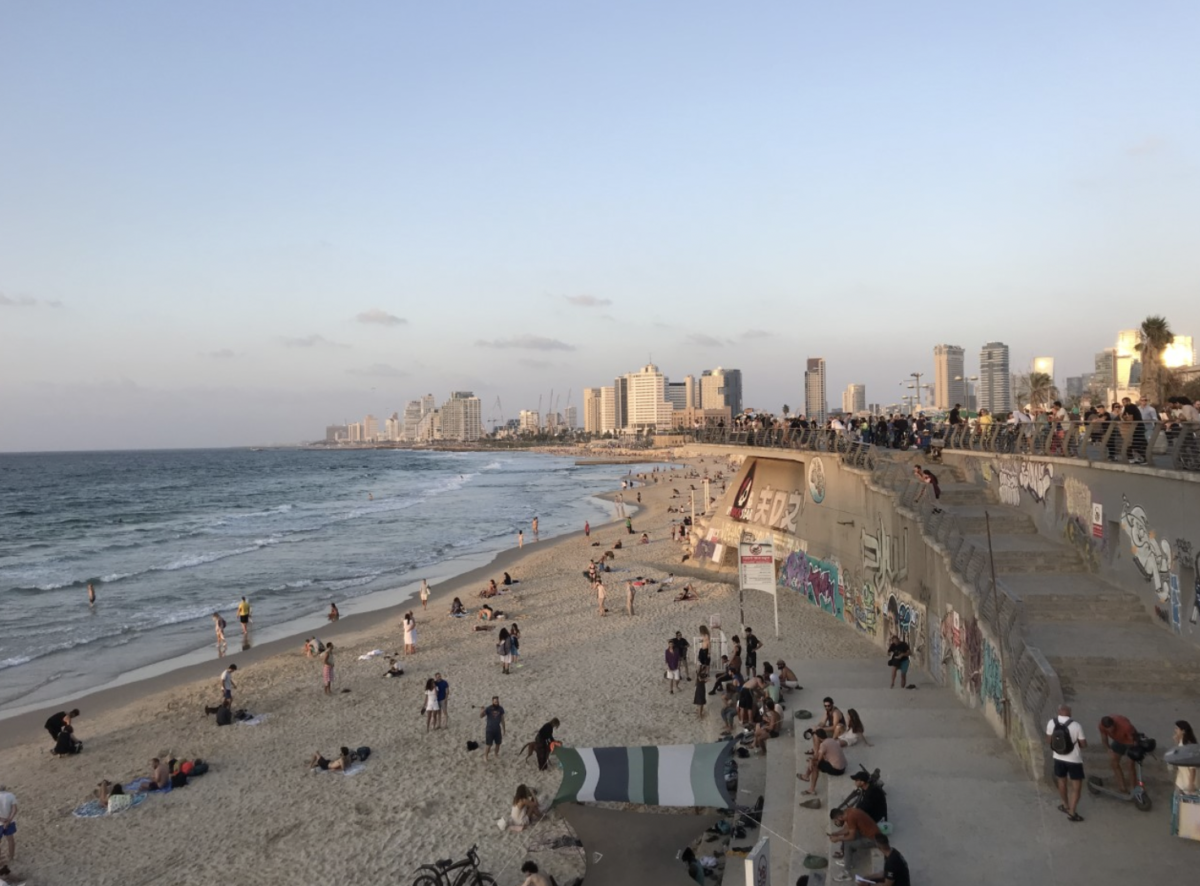Israel introduced a new electricity pricing policy from Jan. 1 that stops fixed prices for large electricity consumers, which means higher evening prices for Israeli companies. Residential consumers, meanwhile, have been given the option of choosing between a fixed single tariff or a variable tariff based on the time of electricity use; thus far, very few have chosen the variable tariff.
Eitan Parnass, the founder and director of the Green Energy Association of Israel, told pv magazine that the new regulation “will push storage economics.” It will encourage commercial consumers to store self-generated solar power at noon, when electricity tariffs are low, and use it or even trade it in the evening, when retail prices are higher.
This will more naturally concern net-metering users. Feed-in tariff (FIT) contracts in Israel have a duration of 25 years, offering long-term financial stability for rooftop FIT systems. However, net-metered users will see their income plunge in the new year unless they manage to combine their projects with behind-the-meter storage units, to shift the time of use of their self-generated power.
The Israeli government recently scrapped the net-metering scheme for new systems, so the owners of about 380 MW of installed net-metered solar capacity will have to explore new options. In fact, this is already happening with a number of shopping malls, factories, and electric vehicle stations, as big consumers have started looking into arbitrage storage system solutions.
Market liberalization
On Jan. 1, a new regulation was enacted to allow the establishment of new electric utilities without their own generation assets, as long as they buy electricity from fossil fuel generators. However, new utilities will also be able to purchase green electricity from Jan. 1, 2024.
Popular content
Opening the market to retailers without their own generation assets is the result of Israel's 2018 electricity market reforms, said Parnass. The reforms aim to liberalize the electricity sector and facilitate competition between electricity generators and electricity retailers.
As part of those reforms, about half of the generation assets of state-owned Israel Electric Corp. (IEC) were sold to private investors. Until the end of last year, Israeli consumers could buy electricity from the IEC or other independent power generators (mainly gas generators). But the government hopes the new policy changes introduced in 2023 and 2024 will encourage new utilities to enter the market, regardless of whether they own generation assets.
It is clear that Israel’s electricity market is belatedly undergoing structural changes, and one of these changes relates to the fuel mix. According to the 2018 reforms, coal production will cease at the end of 2025, so it can be replaced by natural gas and renewable energy. Israel has plenty of domestic gas and solar resources. On this basis, the government aims to generate 70% of its electricity from gas by 2030 and the remaining 30% from green sources such as photovoltaics, supported by 10 GWh of energy storage.
It is under these strategic parameters that Israel’s Electricity Authority launched competitive tenders in 2020 for the procurement of new solar-plus-storage capacity. It awarded about 777 MW of PV capacity alongside four-hour battery systems. Shai Baharav, co-founder of the Israeli storage supplier and developer BLEnergy, told pv magazine in November that about 400 MWh of battery storage will be installed in the next few months at these sites, along with 2.5 GWh in the next two to three years.
The key priority for Israel is to establish a clear energy storage policy framework that allows front-of-the-meter and behind-the-meter storage projects. However, the market for grid ancillary services is non-existent, for example.
This content is protected by copyright and may not be reused. If you want to cooperate with us and would like to reuse some of our content, please contact: editors@pv-magazine.com.


By submitting this form you agree to pv magazine using your data for the purposes of publishing your comment.
Your personal data will only be disclosed or otherwise transmitted to third parties for the purposes of spam filtering or if this is necessary for technical maintenance of the website. Any other transfer to third parties will not take place unless this is justified on the basis of applicable data protection regulations or if pv magazine is legally obliged to do so.
You may revoke this consent at any time with effect for the future, in which case your personal data will be deleted immediately. Otherwise, your data will be deleted if pv magazine has processed your request or the purpose of data storage is fulfilled.
Further information on data privacy can be found in our Data Protection Policy.